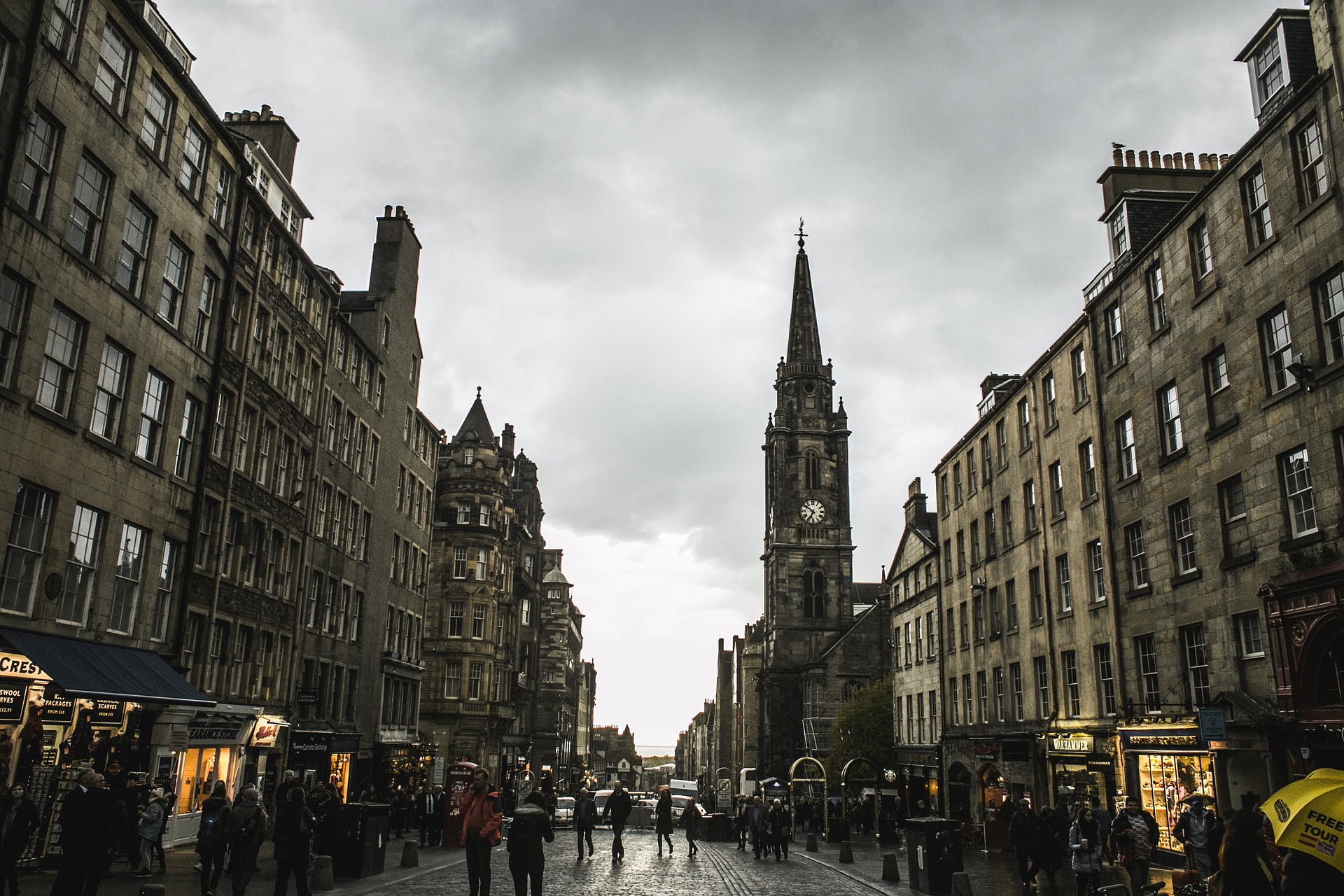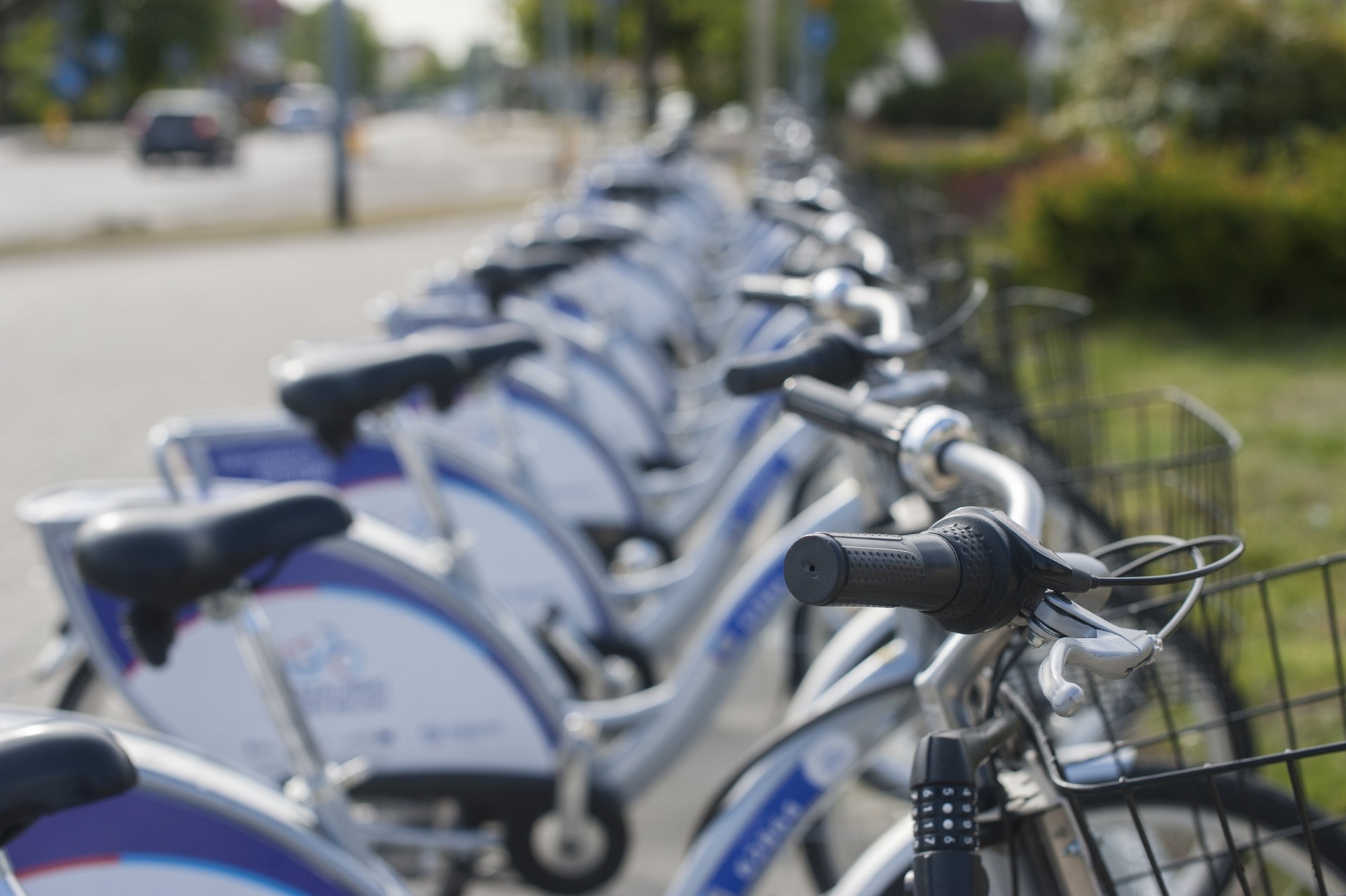We’re free of smog, but we all still need to take action on air quality
By Kathryn Colley, Jianyu Chen and Phoebe Somervail.
June 20 is Clean Air Day. Most of us probably take our air quality for granted. The days of choking smogs in UK cities are a thing of the past.
And yet, while air quality has improved vastly since those 1950s smogs, driven by changes in energy use and action by industry and transport, we can’t be complacent. Poor air quality has impacts on human health.
In 2018, estimates put the number of attributable (premature) deaths due to air pollution at 1,700, annually, in Scotland*.
The Coronavirus Pandemic saw air pollution levels plummet – by as much as 72% in Glasgow’s Hope Street. But pollution levels in many areas gradually increased again after lockdown was eased.
The challenge is that, while a lot of hard-won progress has been made (pre- and post-pandemic), there’s still work to be done and all society – individuals, business, government – has a role to play to help maintain the good progress.

Work we recently undertook for the Scottish Government looked at how, as members of the public, can contribute to better air quality.
We focused on what behavioural changes would have the most impact on air quality improvement in Scotland, and what conditions are needed to make these changes easier for people.
We boiled it down to six key behaviours. These are: reducing car use by walking, cycling or wheeling for short journeys, using public transport instead of driving and working flexibly or from home where possible, switching to an electric vehicle, burning less solid fuel (like wood) for home heating and or following good practice when burning solid fuel, including using efficient stoves and dry wood.
We also highlighted that there are often reasons people don’t or can’t make these changes. These include the cost of electric vehicles, access to cycling infrastructure, public transport networks and walkable environments, the type of job they have, time constraints, social norms, physical capabilities, and lack of knowledge about good practice when burning fuel at home.

So, sometimes these changes can be challenging to make, depending on any one person’s circumstances, and this is where government, local authorities and other institutions can provide support or measures to help people change – such as improving access to public transport and cycling infrastructure.
But some changes could be made fairly easily, for example by choosing to use a wood burning stove less often, if you don’t rely on it as your main source of heat.
The work, commissioned to help inform public engagement around air quality improvement in support of the government’s Cleaner Air for Scotland 2 air quality strategy, also suggested that simple messages about what the public can do were needed. At the same time, supporting policies need to be sensitive to the complex range of reasons why people act the way they do.
Those messages should also make it clear that everyone has a role to play, from individuals to businesses and institutions.
Learn more about air pollution on Scottish’s Air Quality site, Scottishairquality, where you can check air quality readings and other information in your postcode area.
Our full report for the Scottish Government has been published here: Air quality: key behaviours report
*As we cannot directly measure health impacts of air pollution at the population level, the number of attributable deaths is a statistical estimate, rather than actual recorded deaths of individual people.
Disclaimer: The views expressed in this blog post are the views of the author(s), and not an official position of the institute or funder.
